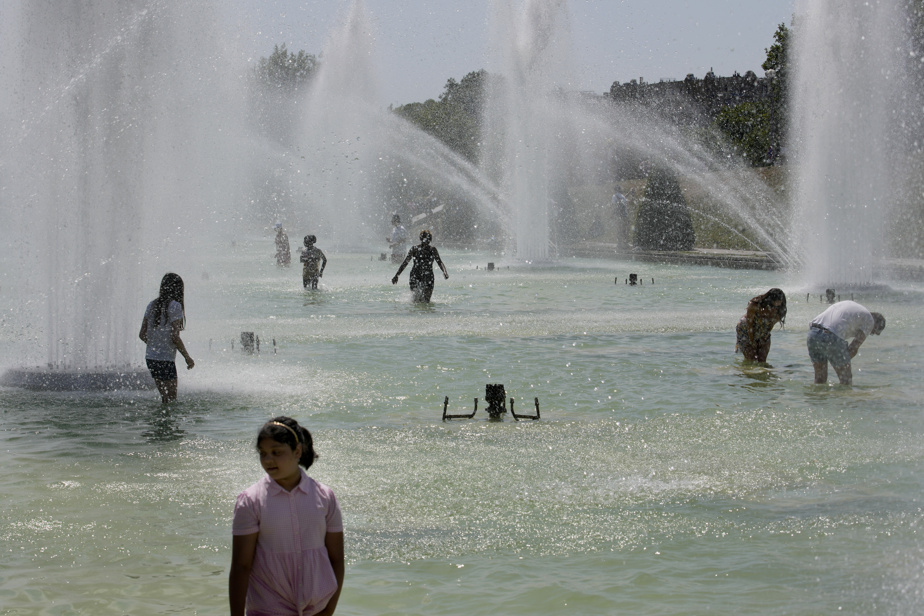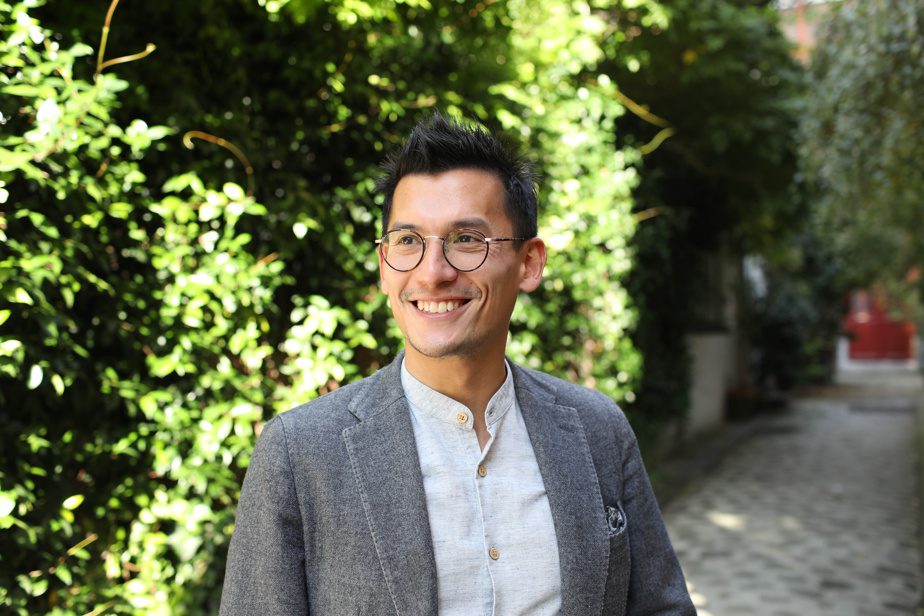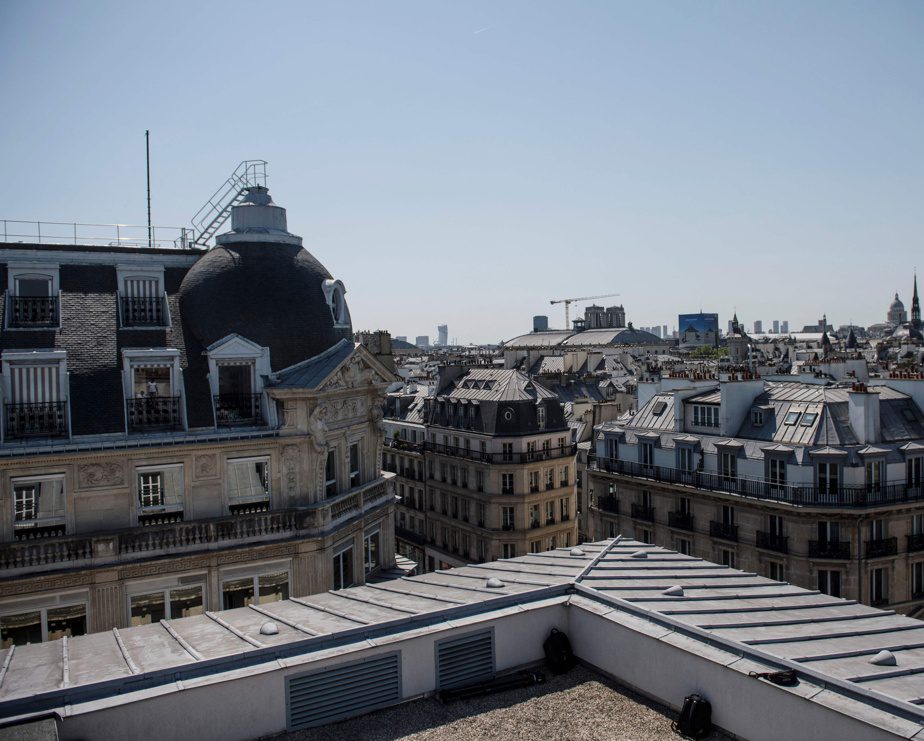
Posted at 5:00 am
Paris, August 4, 2036. The city of light breathes. Air conditioners are no longer supplied. Construction sites have stopped. Passenger trains are idling as the heat-expanded rails warp. It is 50°C. in the shadows
The scenario is fictitious, but the French capital is preparing for it: the Council of Paris set up an “information and assessment mission” on July 5, entitled “Paris at 50 degrees”.
This committee, made up of all political parties elected to the Council of Paris, works to adapt the city to this future reality.
“Scientists can no longer rule out a heat peak of 50°C,” he said in a few decades Press Dan Lert, Deputy Mayor of Paris responsible for environmental change, climate planning, water and energy.

Photo provided by the City of Paris
Dan Lert, Deputy Mayor of Paris responsible for environmental change, climate planning, water and energy
Paris weather forecasts published last September also indicate that heat waves will be “more frequent, more intense and more early or late”, making it “the first climate challenge in Paris”.
The unusually early heat wave that hit France in June was an example of how “the climate is already changing,” said Don Lert, who warned that the scorching and deadly summer of 2003, during which 19,000 people died in France, “will become normal.” ”.
The number of “tropical nights”, above 20°C, will multiply by three by 2030 and by seven by 2085.
The climate of Paris is similar to that of a city in southern Spain, such as Seville.
Dan Lert, Deputy Mayor of Paris
“Unlivable” for the most vulnerable
Heat peaks at 50°C in the shade, so exposure to direct sunlight becomes a major public health problem for the French capital.
“Paris could become unlivable for several weeks a year, especially for the most vulnerable inhabitants,” said councilor Fatoumata Kone, president of a group of environmentalists elected at a session on July 5.
“Paris at 50°C is not a prophecy, not an intuition or a hypothesis, it is a reality,” added environmental consultant Alexandre Florentin at the source of the creation of this information and evaluation mission.

Photo courtesy of Alexander Florentin
Alexandre Florentin, Paris Municipal Councillor, Member of the Environment-Climate and Biodiversity-Sanitation Commission of the Council of Paris
Faced with this anticipated heat, there are three options, he later summarized in an interview Press “It’s cook, run or work. »
Paris is unprepared for what lies ahead, warns a climate change adviser, listing disruptions to rail transport due to heat-induced derailment; class closures because schools are not air-conditioned; Malfunction of air conditioning equipment above 42°C or overload of electrical network.
Our entire society is adapted to a certain environment; So if the climate changes, it will affect all parts of our society.
Alexander Florentine, Councilor of Paris
Paris is called to change its face
Adapting Paris to future “heat superwaves” and extreme temperature peaks will not happen without changing the city’s appearance.
“It is essential to change the appearance of Paris,” says Alexandre Florentin, according to which, it is necessary to review the colors and materials of the roofs of buildings, which turn attic apartments into furnaces.

Photo by Julien de Rosa, Agence France-Presse archives
Rooftops in the center of Paris
It takes less asphalt and changes the color that remains “for lighter colors like in southern Europe,” he explains.
Don Lert agrees, but insists the issue is complex.
Paris is a very mineral city, built on a temperate climate.
Dan Lert, Deputy Mayor of Paris
Beyond the use of different materials, we also need to consider a different urban plan, says Mr Lert.
“We need to change the way we think and design Paris,” he says, suggesting new solutions such as the construction of shade structures, as in southern Europe, when planting trees is not possible.
The fact-finding and evaluation mission will deliver its conclusions in six months; They will help to strengthen the climate plan of the city of Paris, the next version of which is expected to materialize in 2024 or even earlier, explained Don Lert.
But adaptation has its limits, warns Alexander Florentin.
“Let’s say we know how to do everything for 50°C, we don’t know for sure how to do everything for 55°C, he said. We absolutely have to reduce our GHG emissions. [gaz à effet de serre] Worldwide. »
Learn more
-
- +2.3°C
- Increase in average temperature in Paris since the pre-industrial era
Source: City of Paris









